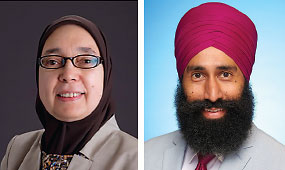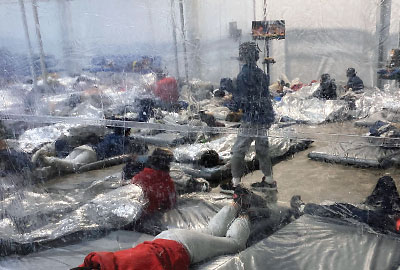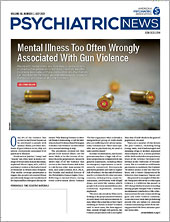In April, more than 178,000 people were detained at the U.S.-Mexico border, the highest number of apprehensions in at least two decades, according to The New York Times. Of those, nearly 14,000 were unaccompanied children and adolescents.
Prior to their departure from their home countries, 67% of Central American migrants experienced a murder, disappearance, or kidnapping of a relative, while 77% of children fleeing the Northern Triangle of Central America reported violence as the main reason for fleeing. At the same time, U.S. Customs and Border Protection and Border Angels reported that anywhere from 7,200 to 10,000 people have likely died trying to cross the border since 1994. Many migrants arrive at the U.S. border having undergone incomprehensible pre-migration and migration trauma. To then place people who have gone through so much in a detention center during a pandemic seems especially inhumane and dangerous.
These vulnerable children and families must be protected, and it was out of deep concern for their well-being that APA’s Council on Children, Adolescents, and Their Families crafted a position statement urging the Department of Homeland Security (DHS) and Immigration and Customs Enforcement (ICE) to consider the supervised release of detainees or to identify alternative options for detainees charged with immigration violations. The statement further urges DHS and ICE to ensure detainees receive adequate screening, testing, and, when necessary, isolation for COVID-19. Without such actions, not only are children and adults in custody in danger, but so too are staff and the public at large.
Pre-migration, migration, and peri-migration trauma contribute to high levels of mental health issues in migrants. Yet, experts appointed by a federal judge reported that caregiver staffing at DHS’s detention facility for unaccompanied minors in Donna, Texas, was “profoundly inadequate,” according to CNN. Migrants and unaccompanied minors need to find support and acceptance. Without effective psychiatric support, these children are more likely to experience serious mental health issues in their futures.
The court-appointed experts also reported that border-processing facilities for migrant children are “stretched beyond thin” and experiencing “profound overcrowding.” This conclusion is reinforced by the images taken at the facility in Donna, Texas. There, youth are crammed side by side in so-called “pods.” In such an environment, it is impossible to follow physical distancing guidelines to prevent the spread of COVID-19.
Detainees should be allowed to follow the public health protocols meant to keep them safe from COVID-19. Migrants should know that they can be tested, receive treatment, and be isolated safely until they recover. Without such protocols in place, former detainees may not feel it is in their best interest to let government officials know they have tested positive for COVID-19. Ensuring these children and families receive high-quality, compassionate care is the first step to gaining their trust and helping them feel welcome in this country.
These children and families present a low public safety risk. Ideally, they should be provided with supervised release, especially if they have family already in the country. There are also foster families willing to help unaccompanied children, and these families must be trained and prepared to welcome them into their homes.
Steps must be taken to protect these individuals, who may be from underserved groups that have been disproportionately impacted by the pandemic. The children and families detained at the border deserve a humane solution to the harrowing situation they are experiencing. ■
APA’s position statement is posted
here.


